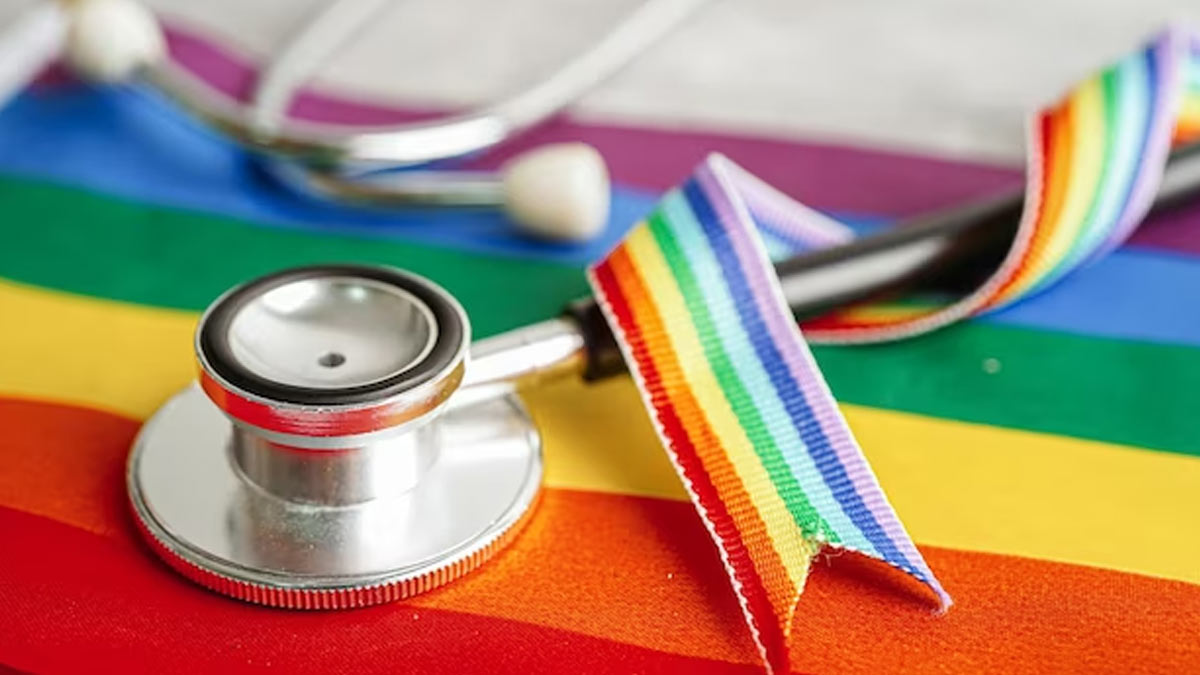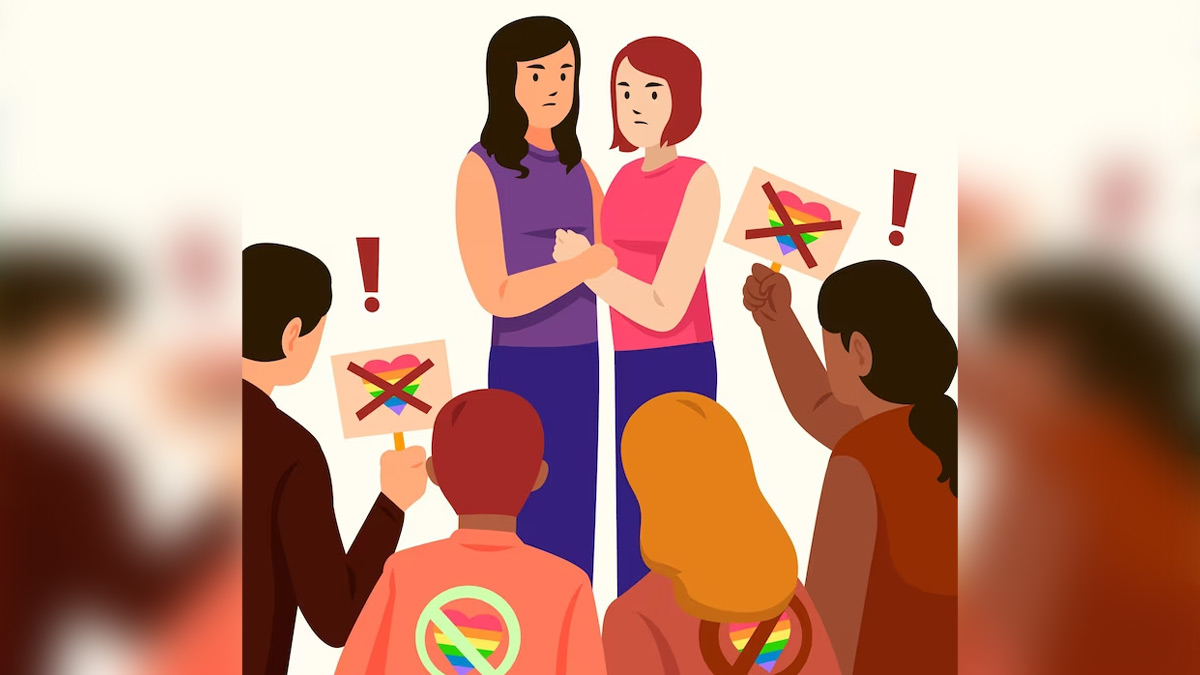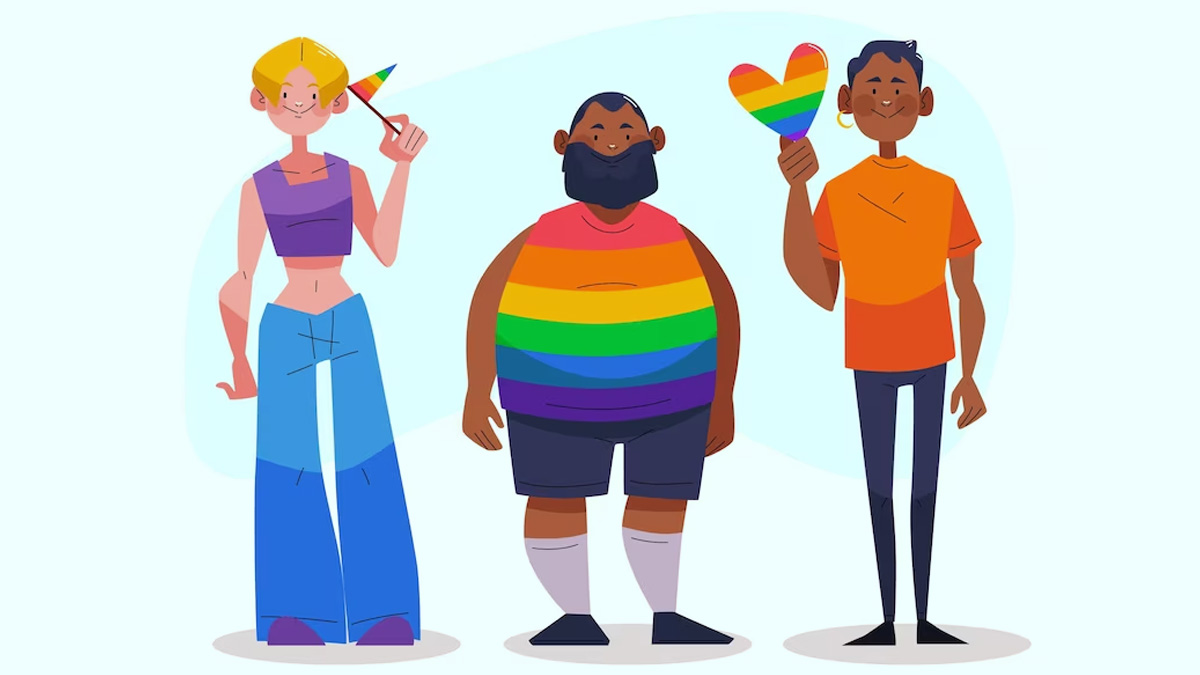
While society has made significant progress in embracing the LGBTQIA community, the fight for equality goes far beyond marriage equality and anti-discrimination legislation. Cancer is a deadly disease that affects people of all gender identities and sexual orientations. However, when it comes to receiving adequate healthcare, the LGBTQIA (lesbian, gay, bisexual, transgender, queer, intersex, and asexual) population frequently encounters particular problems.
The Mayo Clinic, recently released a video that shed light on the unique challenges faced by the LGBTQIA community in relation to cancer. The video revealed an alarming correlation between stigma, discrimination, and an elevated risk of cancer within this vibrant and diverse community.
Why There Is A Barrier To Access Healthcare
Stigma and Discrimination
The LGBTQIA community continues to endure stigmatisation and discrimination in various aspects of their lives, including healthcare. Fear of discrimination from healthcare providers, as well as societal biases, can prevent individuals from seeking timely medical attention. The resulting delays in cancer detection can significantly impact prognosis and treatment outcomes.
Maher Khatri, COO, HCG- Abdur Razzaque Ansari Cancer Hospital, Ranchi, said, "When it comes to cancer care, the transgender community faces unique challenges. Lack of awareness about transgender-specific cancer risks is a significant hurdle.”

Lack of Provider Cultural Competency
Many healthcare professionals may lack awareness or training regarding LGBTQIA health issues. This information gap can result in misconceptions, ineffective treatment methods, and a general lack of culturally competent care. In the LGBTQIA population, the lack of inclusive terminology and ignorance about unique health risks contribute to inadequate cancer care.
Also read: Study Finds LGBTQ Youth Suffers From Suicide Risk By More Than 3 Times
Financial Barriers
According to research the LGBTQIA community often faces economic disparities, which can hinder access to comprehensive healthcare services, including cancer screenings and treatments. Higher rates of unemployment, workplace discrimination, and limited access to health insurance exacerbate these financial challenges, further widening the healthcare gap.

Higher Prevalence of Certain Cancers
A report published by American Association of Cancer Research suggests that certain cancers, such as breast, cervical, anal, and lung cancer, have a higher incidence among LGBTQIA individuals compared to the general population. This increased risk can be attributed to a combination of biological factors, lifestyle choices, and socio-cultural determinants.
How To Address Disparity
Education and Sensitisation
Promoting comprehensive education and training on LGBTQIA health issues for healthcare providers is essential. Creating awareness about the unique cancer risks faced by the community can aid in early detection and appropriate interventions.
Organisations like the Gay and Lesbian Medical Association (GLMA) provide resources and support to enhance provider cultural competency.

Inclusive Healthcare Policies
Healthcare institutions should adopt policies that explicitly prohibit discrimination based on sexual orientation and gender identity. Implementing inclusive practices, such as using inclusive language, providing LGBTQIA-specific health services, and supporting diverse families, can foster a welcoming environment for all patients.
Also read: LGBTQ Community: Here’s The 5 Health Issues Faced By Them
Accessible and Affordable Care
Financial impediments to healthcare access must be addressed. Expanding insurance coverage, developing affordable healthcare alternatives, and supporting initiatives that offer free or low-cost cancer screenings and treatments are critical steps towards minimising inequities within the LGBTQIA community.
Read Next
World Blood Donor Day 2023: Blood Donation Eligibility Requirements To Know Before Proceeding
How we keep this article up to date:
We work with experts and keep a close eye on the latest in health and wellness. Whenever there is a new research or helpful information, we update our articles with accurate and useful advice.
Current Version